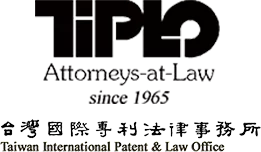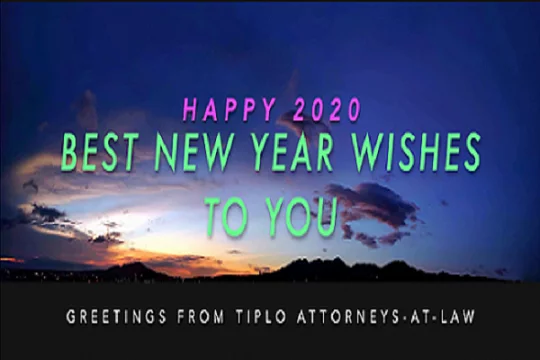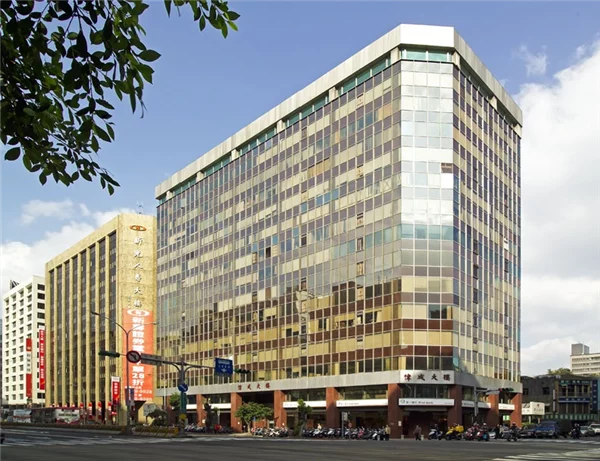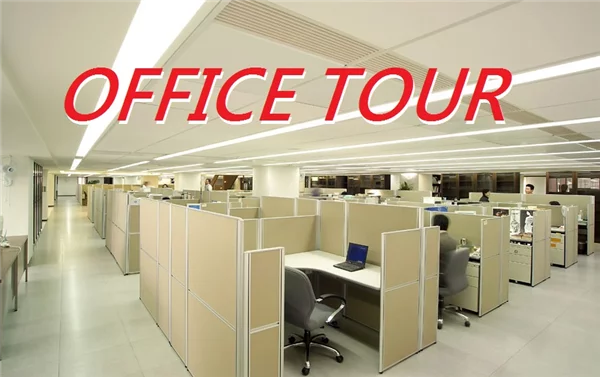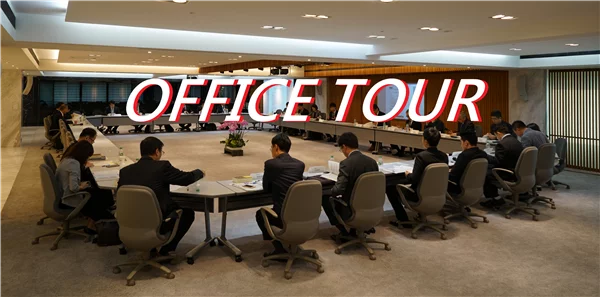Executive Yuan, Taiwan gives green light to the amendments to Trademark Act and Patent Act
E230309Y1・E230309Y2 Jul. 2023(E277)
According to the Taiwan IPO’s press release, the Executive Yuan of Taiwan passed the amendments to the Patent Act and the Trademark Act of Taiwan in Executive Yuan meeting No. 3846 on March 9, 2023 to answer to the suggestions from the industry and to keep pace with the international practices.
The two amendments establish a new patent/trademark remedial mechanism that offers expeditious and professional services and set up a system for managing trademark agents, which will save time and cost in patent/trademark remedial cases and facilitate early resolution of disputes. Moreover, the trademark agency management proposed in the amendment will ensure trademark applicants’ rights and step up industrial development and ultimately build an IPR protection mechanism more in line with the demands from the industry.
1. Key points of the amendments to Patent Act and Trademark Act with respect to the reconstruction of patent/trademark remedy system:
(1) Introduction of Reexamination and Dispute Deliberation Board
By reference to the patent and trademark remedial practices adopted by the counterpart offices of other countries, Taiwan IPO will set up the “Reexamination and Dispute Deliberation Board” (hereinafter the “R&DD Board”) as an independent agency to exclusively examine and consider patent and trademark cases with relevant supportive regulations being established as basis.
(2) Restructuring of professional and efficient examination procedure
In order to strengthen procedural protection and to enhance efficiency, the deliberation of reexamination and dispute cases will be conducted jointly by three or five examiners in the R&DD Board with the oral arguments and preliminary procedure being introduced in the system. Also, examiners may disclose their opinions in an appropriate manner and give a notice of deliberation conclusion during the deliberation procedure for establishing a more discreet procedure of administrative deliberation.
(3) Abolishment of current administrative appeal procedure
Under the amendments, the party dissatisfied with the decision made by the R&DD Board through rigorous and discreet deliberation may directly initiate a civil action without going through the administrative appeal procedure for seeking remedial efficiency.
(4) Establishment of special litigation system for reexamination cases and dispute cases
The amendments provide clarification that the process in which the R&DD Board makes decisions on disputes is an administrative one for resolution of disputes over private rights, and in this regard, a party that disputes over patent/trademark rights should file a lawsuit for such a dispute against the other party as the defendant, and such a lawsuit should be subject to civil instead of administrative proceedings. Likewise, a party finding the R&DD Board’s decision on reexamination case unjustifiable should file a civil lawsuit. For avoiding the complexity of remedy system and difference in decisions, civil rather than administrative litigation proceedings will be adopted with the Supreme Court as the court of last resort.
(5) Mandatory legal representation by attorneys-at-law or patent attorneys
In view of the technical expertise and legal specialty heavily required in lawsuits concerning patent dispute and for matching up the amendments to the Intellectual Property Case Adjudication Act and also for protecting the interested parties’ rights and enhancing trial efficiency, the amendments require mandatory legal representation by attorneys-at-law or patent attorneys in lawsuits involving patent dispute and also the mandatory legal representation by attorneys-at-law in the lawsuits concerning patent or trademark disputes or in the appellate proceedings of the lawsuits involving reexamination.
(6) Extension of priority period to 12 months for design patents
Under the amendment, the grace period for design patents which is 6 months currently will be extended to 12 months to keep pace with international standards and to facilitate the development of design industry.
(7) Repeal of trademark opposition proceedings
Under the current trademark opposition mechanism, 97% of the opposition cases were filed on the relative grounds for refusal of registration and such relative grounds are mostly the same with the actionable grounds for invalidation which is currently and statutorily available to an interested party, and that brings out a fact that the function of the opposition and invalidation mechanism is almost the same. Hence, the amendment repeals the opposition proceedings. Also, under the amendment, “anyone” may cite absolute grounds for refusal of registration to file an invalidation action. Moreover, the amendments allow the third-party submissions during examination.
2. Key points of the amendments to Trademark Act with respect to management and regulation of trademark agents:
(1) The amendment introduces the accelerated examination mechanism to answer to the urgent demand for grant of trademark rights.
(2) For setting up the complete qualifications and requirements for trademark agents, the amendment authorizes the trademark registry to perform the registration and administration of trademark agents and to establish relevant regulations for administration so as to protect trademark applicants’ rights and interests.
(3) The amendment sets forth the scope of eligible trademark applicants and simplifies the procedures of trademark registration revocation and infringement identification at the customs, so as to relax relevant regulations.
(Released 2023.03.09)
/CCS

